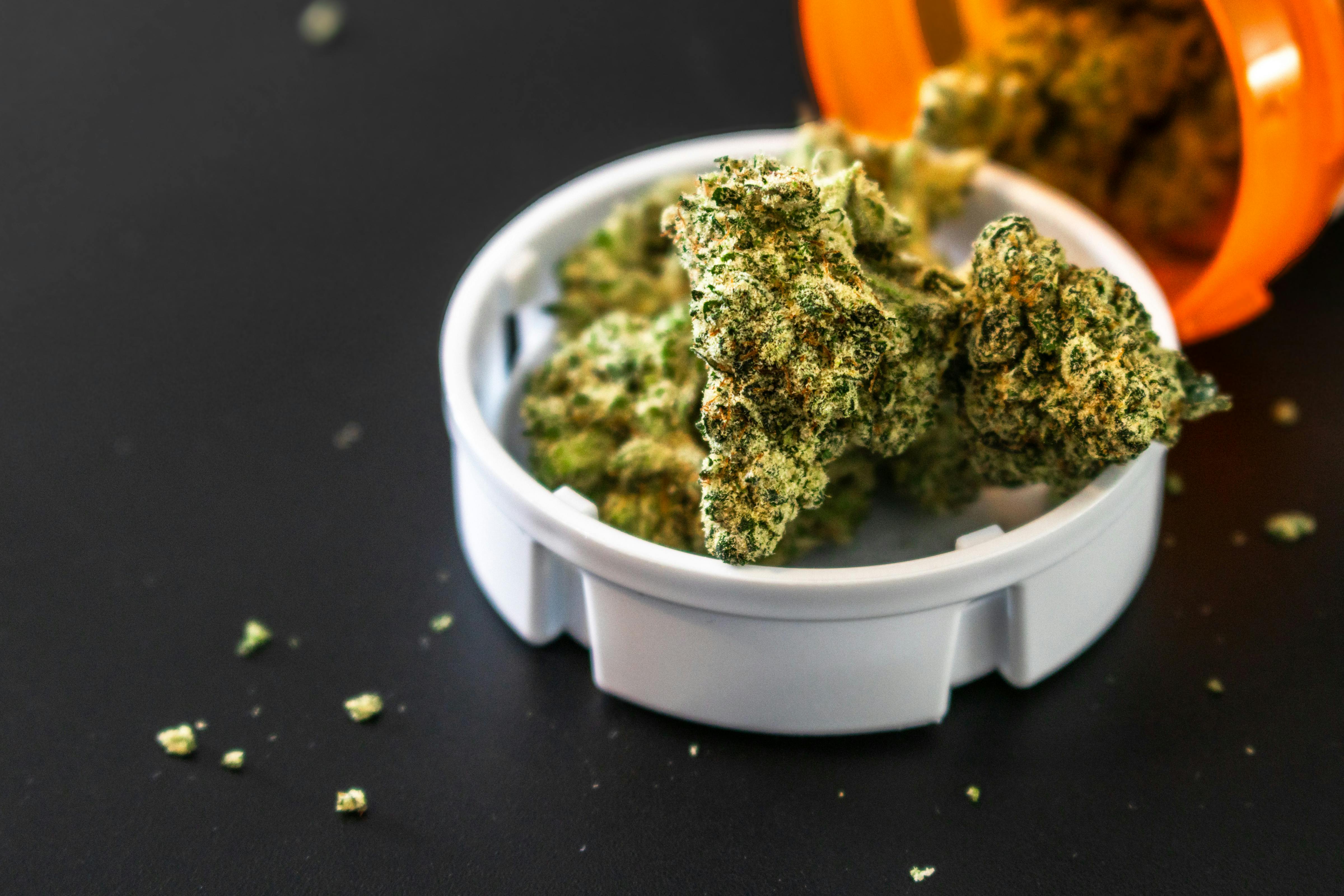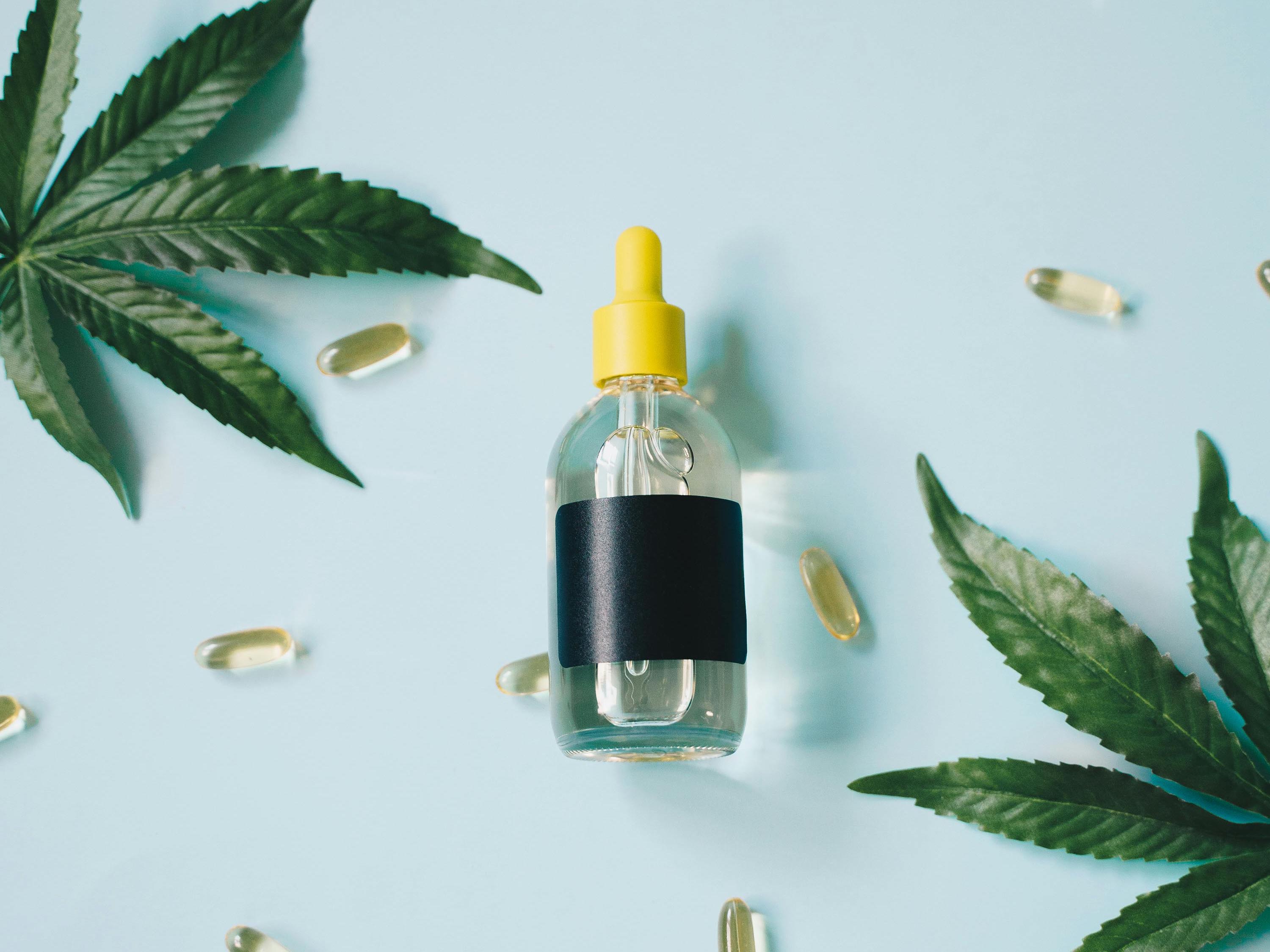‘They are navigating the system better than the people making the rules’
By Christina Michailidis
Across Europe, CBD (cannabidiol) appears to have become part of mainstream wellness culture. Found in creams, oils, gummies and much more, it promises relief, relaxation and regeneration without the high of cannabis.
Something that was once counterculture has now become countertop. In Cyprus, however, it exists in a state of half acceptance – caught somewhere between growing curiosity and cultural conservatism. Many wonder why an island with strong religious and traditional roots is slow to embrace cannabis wellness. And with shops selling CBD products appearing around Cyprus, that question feels more urgent than ever.
People are reaching for CBD for stress relief, sleep and chronic pain management. But while interest grows, the national conversation lags behind, in contrast to much of the rest of the EU. In cities like Berlin, Amsterdam and Milan, CBD is both legal and popular, with CBD infused pastries and chocolates available in vending machines and spas offering hemp-based treatments.
“On paper, it’s fine,” said Kris C who runs a CBD shop on the island. “But that hasn’t stopped them from raiding our stores or seizing products. You never really know what will happen next.”
Cyprus permits low-THC CBD derived from industrial hemp. But with its conservative social fabric and deep-rooted religious values, topped with cautious generational attitudes and drugs demonisation, CBD inhabits a murky middle ground.
Cannabidiol or CBD is nonpsychoactive compound derived from hemp, a cousin of the cannabis plant. It doesn’t get you high, it’s not addictive and has been recognised by the World Health Organization as having “no abuse or dependance potential”. In the US the FDA has even approved one CBD based drug, Epidiolex, for treating rare seizure disorders.

In Cyprus however, CBD remains misunderstood. Often lumped in with marijuana, or worse painted as a dangerous street drug. “Most people that come into our shop know what it is,” Kris said, “but authorities still seem to treat it like it’s suspicious”.
Shops have faced raids, product seizures and even court proceedings. “They took everything,” Kris said, “creams, oils and even items without any THC content”.
This paradox is hard to ignore, CBD is legal, but many sellers don’t know if they will be targeted next.
Cyprus allows the cultivation of industrial hemp under the Production and Marketing of Industrial Hemp Law of 2016, which permits the production and trade of Cannabis sativa plants, seeds and parts containing no more than 0.2 per cent THC. However, an amendment announced in early 2024 increased the allowable THC threshold to 0.3 per cent on a dry-weight basis, aligning with evolving EU standards. Both THC and cannabidiol (CBD) are compounds found in cannabis, and any shop in Cyprus selling products that contain either substance, even within legal limits, must obtain licensing through the pharmaceutical services. This applies to everything from oils to creams, reflecting the country’s tightly controlled approach to cannabis derived products.
Meanwhile, customer interest continues to grow, “Most of our clients are over 30,” Kris added. “Some have used cannabis before, others are just looking for sleep support or pain relief – without the side effects of prescription drugs”.
And yet confusion lingers. The lack of public engagement leaves a lot of the population guessing: Is it legal? Is it a drug? A medicine? Is it safe? Most people simply don’t know. While stores continue to operate, regulatory enforcement appears to be inconsistent, and products have been seized without clear explanation.
The contrast with culturally similar Greece is especially striking. Athens has taken a very different path. Medical marijuana is not only legal but has become increasingly accessible – patients are now able to get their prescriptions online and pick up their medication in pharmacies. “It’s the same EU,” Kris said, “but they have figured it out and we haven’t”.
Some Cypriots have even been bypassing the system entirely, getting prescriptions in Greece and returning with their medication. “We’ve had customers come in with their THC meds from abroad just looking to stock up on CBD while they’re here,” Kris added. “They are navigating the system better than the people making the rules”.
Cyprus doesn’t have a cannabis problem – it has a conversation problem. “We’ve skipped the part where society sits down and actually has a mature conversation about it,” Kris said.
Much of the hesitation seems to be inherited, a result of decades of caution, misinformation and fear-based education. In Cyprus cannabis still evokes images of danger – not wellness or medicine.
“The local CBD shop offers a discrete delivery service, and I order by telephone. This is good for me because I don’t want people to see me going into the shop and get the wrong idea,” customer Kyriakos Georgiou said.
And perhaps the silence around CBD, medical marijuana, more than legislation, may just be the biggest barrier. Even some of the island’s more cautious voices are calling for change. Director of the drug‑education NGO Kenthea Dr Kyriakos Veresies has publicly supported the use of medical cannabis in specific cases and believes that a more pragmatic approach to cannabis policy is inevitable.
Younger Cypriots are more informed, more accepting and less weighed down by the stigma of past generations. “The public is ready,” Kris said, “the government just has to realise it”.






Click here to change your cookie preferences